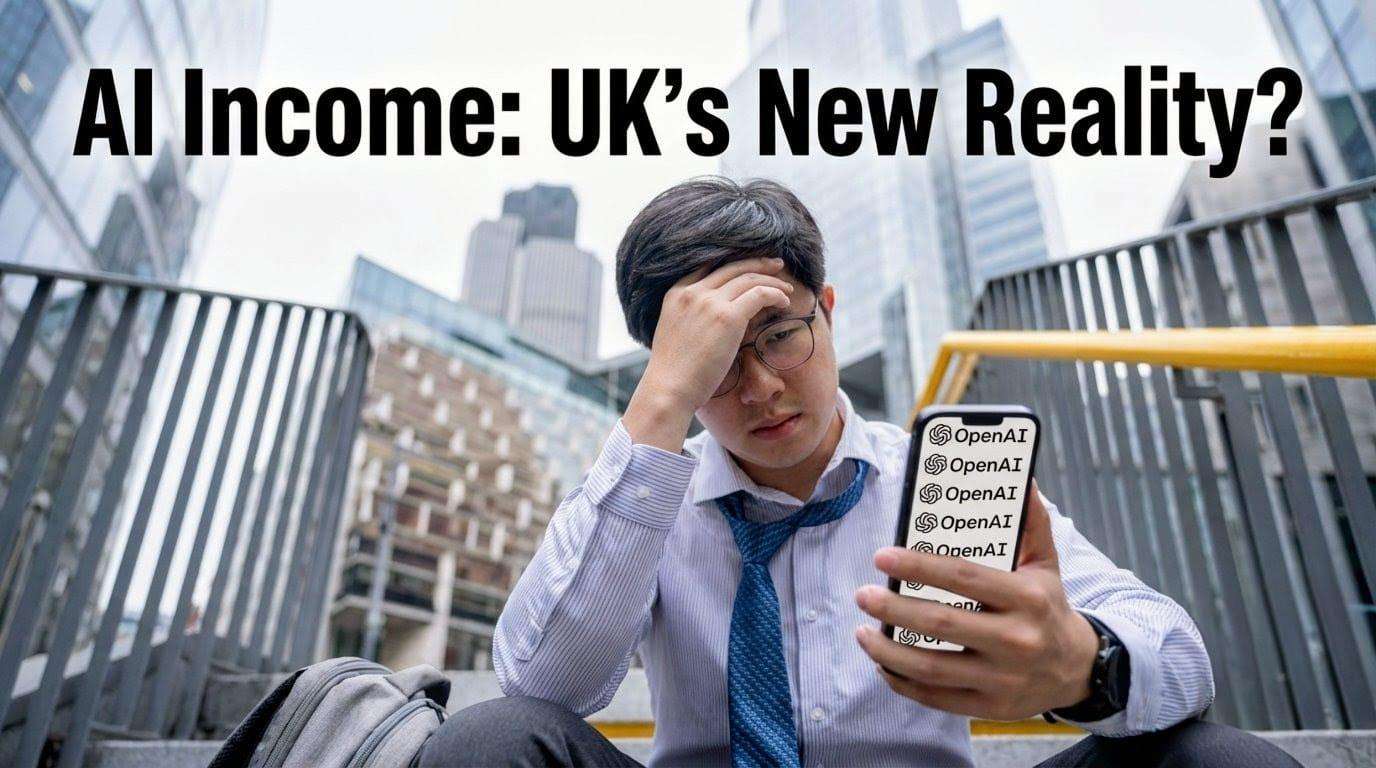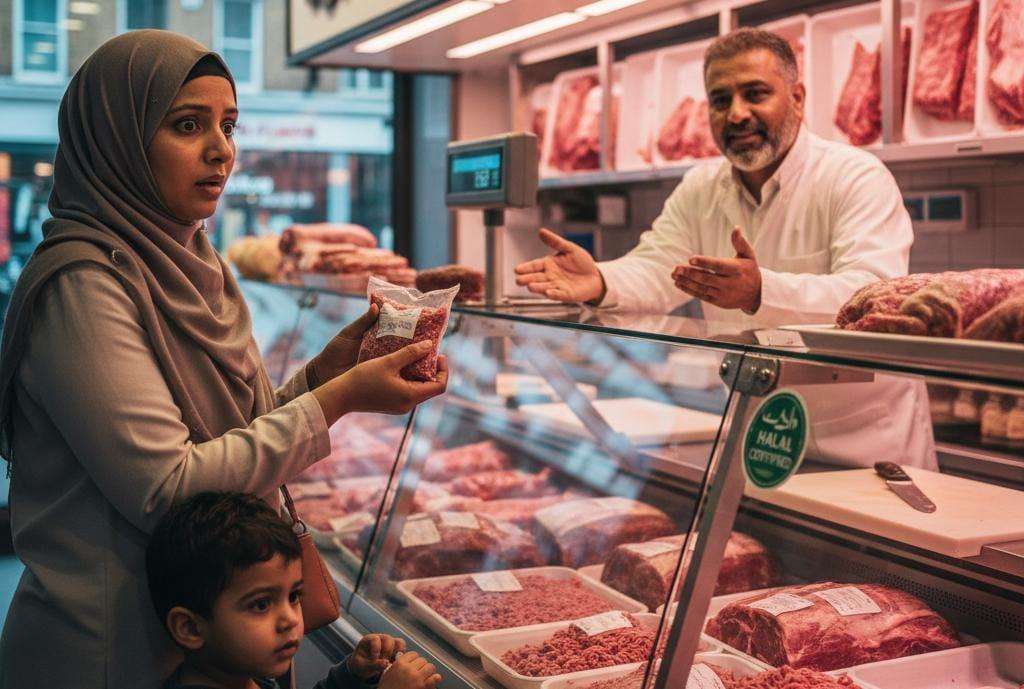The surging cost and shrinking supply of beef across the UK and Europe present a disproportionately acute crisis for the nation's Halal meat market, threatening to put a staple food out of reach for Britain's rapidly expanding Muslim consumer base. While mainstream consumers face high mince prices, the Halal sector grapples with compounded financial pressures, supply chain complexity, and a deep-seated commitment to sourcing.
The Unstoppable Rise in Beef Prices
The structural decline in UK agriculture, marked by falling cow numbers, elevated energy and labour costs, and policy uncertainty like the threat of inheritance tax changes, has propelled beef prices to near-record highs. Farmgate prices, down slightly from an April peak of almost £7 per deadweight kilo, remain around £6.50, representing a roughly 25% increase year-on-year. This inflation is a direct consequence of a constrained supply—cow numbers have been falling by approximately 3% annually—coupled with a two-year lag for calves to reach maturity, locking in high prices for the foreseeable future.
Impact on the £1.7 Billion Halal Sector
The UK Halal food market is a major economic force, driven by a Muslim population that now accounts for over 6.5% of the UK total (or about 3.9 million people, according to the 2021 Census). The Halal meat and poultry sector alone is valued at an estimated £1.7 billion at slaughter, and projections suggest this could grow to nearly £2 billion by 2028. Beef is a critical component of this market, with more than half of Halal consumers eating it weekly, a preference that is actually growing among younger Muslim generations who are diversifying their diets.
The current price volatility has three immediate and severe effects on this market:
- Affordability Crisis: Halal consumers are highly price-sensitive. Research shows that while Halal certification is essential, price remains the primary concern in purchasing decisions. This is exacerbated by the fact that many Muslim households rely on independent Halal butchers for assurance and specific cuts, and these retailers, operating on tighter margins than supermarkets, must pass on the steep supply-chain price hikes.
- Protein and Cut Switching: To cope with the cost-of-living crisis, Muslim consumers are already demonstrating a clear trend of trading down. Initial shifts were seen from lamb to cheaper mutton and chicken. Now, rising beef costs are expected to push consumers from premium beef cuts to more economical options like mince, shoulder, and neck cuts, fundamentally changing demand patterns for Halal beef.
- Supply Chain Stress: The forecast 4% drop in overall UK beef production for 2025 creates a supply gap. For the Halal market, which relies on strict certification and often prefers British provenance for ethical and quality assurance, this shortfall is problematic. Increased dependence on imported beef, which may be necessary to meet demand, raises questions about the consistency of Halal certification standards and animal welfare, an increasingly important factor for conscious young Muslim buyers.
Halal Certification and Trust Under Strain
The integrity of the Halal supply chain adds another layer of cost and complexity. Unlike the general market, Halal beef requires meticulous oversight by certifying bodies like the Halal Monitoring Committee (HMC). While many UK certifiers accept reversible stunning (such as the 'Demonstration of Life' scheme which confirms the animal is not killed before slaughter), the certification process itself adds overhead. The continued rise in price puts immense pressure on both farmers and butchers, making investment in expanded Halal production challenging and creating a fertile environment for consumers to seek cheaper, potentially less-assured sources, a risk the community and certifiers are keen to prevent.
The long-term health of the UK Halal beef market depends not just on a recovery in supply, but on the ability of the industry to maintain affordability and unimpeachable trust in the face of national economic headwinds.








.svg)


_3.jpg)